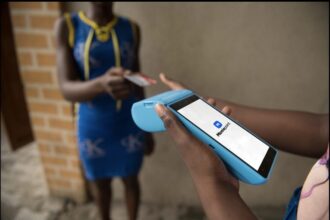The Sahel and Lake Chad region in Africa have been receiving support from over ten donor countries, agencies, and organizations to aid displaced persons and refugees in countries such as Nigeria, Niger, Chad, Burkina Faso, and Mali. The Embassy of the Kingdom of Saudi Arabia, in collaboration with the Organisation of Islamic Cooperation (OIC), the United Nations Office for the Coordination of Humanitarian Affairs (OCHA), and the United Nations High Commissioner for Refugees (UNHCR), held a conference to address the pressing humanitarian needs in the region.
The Sahel and Lake Chad region have been grappling with insecurities and acute food shortages for many years. According to Reliefweb, the food and nutrition crisis in the Sahel and West Africa has worsened significantly. The number of individuals facing acute food insecurity has risen from 10.8 million in 2019 to 40.7 million in 2022, with millions more at risk of falling into a crisis situation. Additionally, the region has been plagued by domestic conflicts, leading to a surge in the number of refugees.
The Council on Foreign Relations’ global conflict tracker reports that over seven and a half million people have been displaced from their homes in the Sahel, with two million refugees and over thirty million individuals requiring humanitarian assistance. The Kingdom of Saudi Arabia’s pledge to support communities in crisis through KSrelief highlights its commitment to global humanitarian objectives, solidifying its position as a key player in international humanitarian aid.
The donations and support from various entities aim to alleviate the suffering of those affected by conflicts and food shortages in the Sahel and Lake Chad region. By coming together and providing assistance, the international community demonstrates solidarity and empathy towards the vulnerable populations in these troubled areas.







